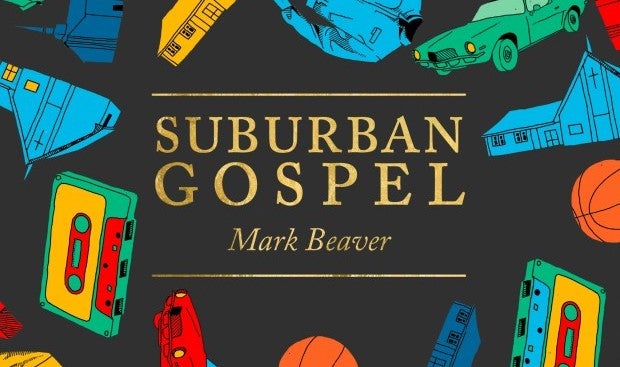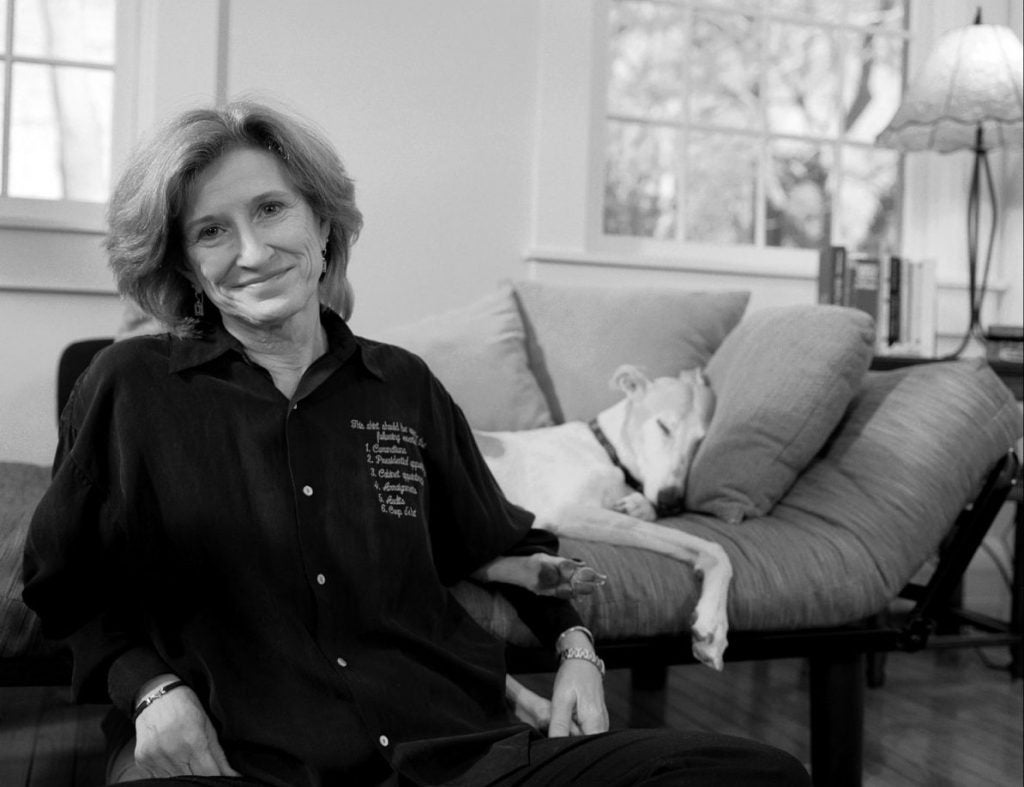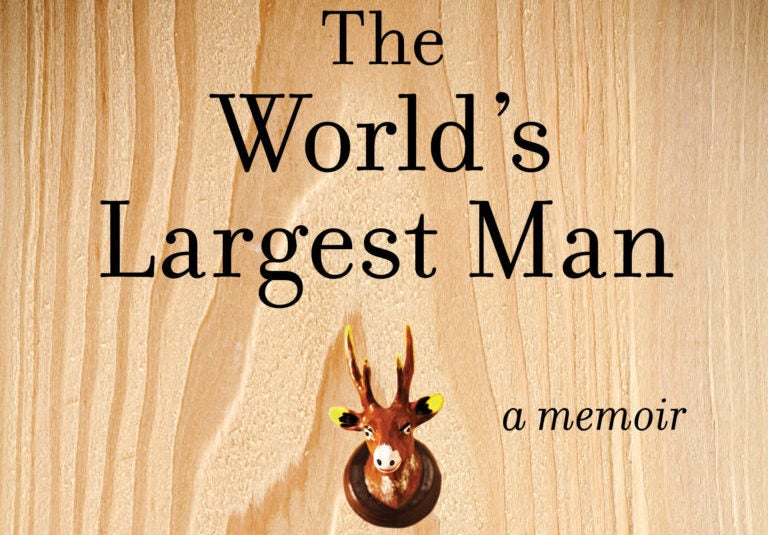On “Suburban Gospel”: An Interview with Mark Beaver
“There’s a lot of male sexuality in this book, because I knew that if I was going to write about faith, I’d also have to write about the flesh—I think it would be dishonest to write about male adolescence without sexuality being an important component. So given my upbringing, that was the hardest part—it felt difficult, but necessary. When I was shopping the book around, one publisher told me he liked my book but wouldn’t be publishing it because female readers—the largest book-buying demographic—would find all the sexuality off-putting.”
On “Suburban Gospel”: An Interview with Mark Beaver Read More »
“There’s a lot of male sexuality in this book, because I knew that if I was going to write about faith, I’d also have to write about the flesh—I think it would be dishonest to write about male adolescence without sexuality being an important component. So given my upbringing, that was the hardest part—it felt difficult, but necessary. When I was shopping the book around, one publisher told me he liked my book but wouldn’t be publishing it because female readers—the largest book-buying demographic—would find all the sexuality off-putting.”







